Il faut apprendre à coopérer pour faire des choses qu'on ne saurait faire individuellement. Mais les systèmes éducatifs sont fondés sur la compétition.
Pourquoi est-il si important d’apprendre à travailler en collectif ?
Nous sommes confrontés dans le monde entier à des problèmes qu’on ne sait pas résoudre. Il faut donc développer les différentes formes d’intelligence et apprendre à coopérer pour faire des choses qu’on ne saurait pas faire individuellement. Typiquement, les entreprises embauchent des profils différents et complémentaires, qui peuvent ensemble faire des choses qu’aucun d’entre eux ne pourrait faire seul. Il est donc fondamental d’apprendre à travailler de manière collaborative le plus tôt possible, d’autant qu’on apprend beaucoup les uns des autres. Plus, on est formé à écouter et à prendre en compte des avis différents, plus on a de chance de façonner un produit ou un service que des gens différents vont aimer.
Si l’on pense dans une seule et unique dimension, on aura peut-être une solution parfaite dans cette dimension là mais avec tout un tas d’effets secondaires ou négatifs dans d’autres dimensions. Si dès le départ, on a impliqué des gens de mondes différents, avec des modes de pensées différents, on va optimiser le résultat de manière multidimensionnelle. Comme la réalité est multidimensionnelle, il y a plus de chances d’arriver à quelque chose qui fonctionne dans le monde réel.
En savoir plus / Learn more:
- https://gustmees.wordpress.com/2014/03/29/practice-learning-to-learn/
- https://gustmees.wordpress.com/2015/01/28/practice-learning-to-learn-example-2/
- https://gustmees.wordpress.com/2014/10/03/design-the-learning-of-your-learners-students-ideas/
- https://gustmees.wordpress.com/2014/07/10/education-collaboration-and-coaching-the-future/
- https://gustmees.wordpress.com/2012/11/29/cyber-hygiene-ict-hygiene-for-population-education-and-business/
Via
Nicole Corsyn,
Bruno De Lièvre,
Murielle Godement



 Your new post is loading...
Your new post is loading...

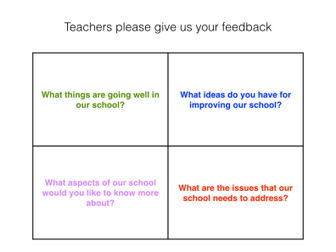

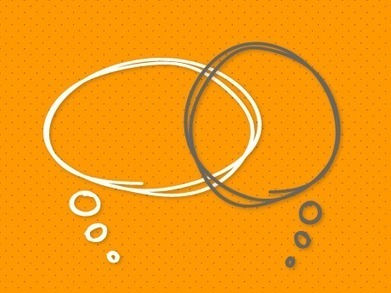

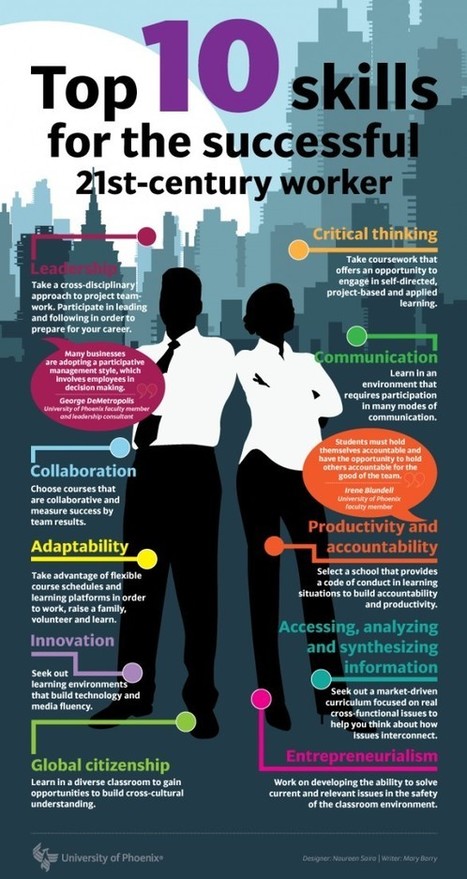


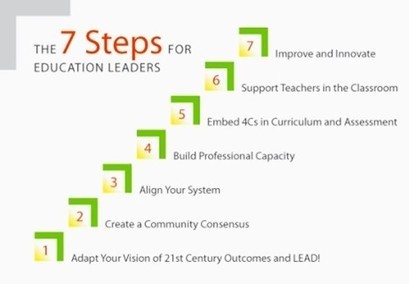







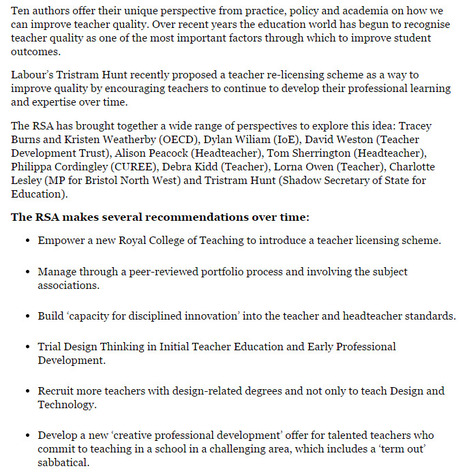
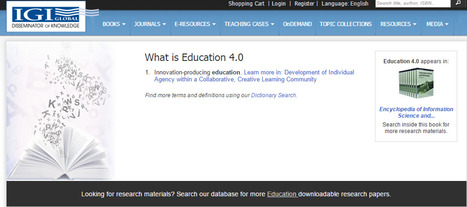
![The Networked World | EDUcation CHANGE | EDUcation 4.0 [pdf] | 21st Century Learning and Teaching | Scoop.it](https://img.scoop.it/Ff8tclp9zB5lGNetCrBMlTl72eJkfbmt4t8yenImKBVvK0kTmF0xjctABnaLJIm9)

![LEARNing in Society 4.0 [pdf] | EDUcation CHANGE | 21st Century Learning and Teaching | Scoop.it](https://img.scoop.it/iJOZlSx_jga2zg-FuOlb8Tl72eJkfbmt4t8yenImKBVvK0kTmF0xjctABnaLJIm9)
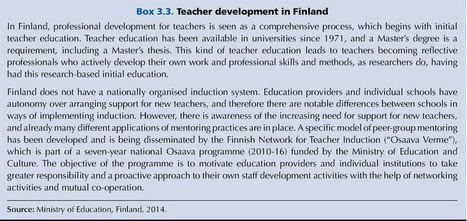


![8 Ways to Engage eLearners [Infographic] | 21st Century Learning and Teaching | Scoop.it](https://img.scoop.it/LvNP43jZt6WV_ZNARo-FqTl72eJkfbmt4t8yenImKBVvK0kTmF0xjctABnaLJIm9)






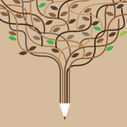


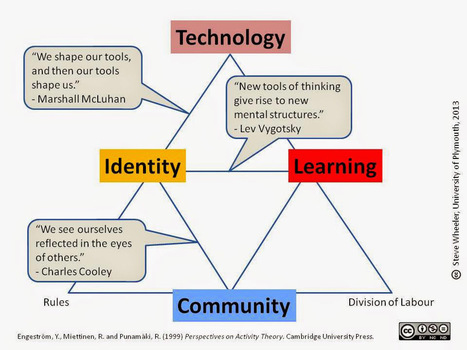




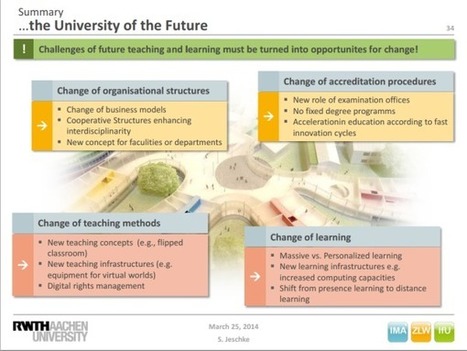

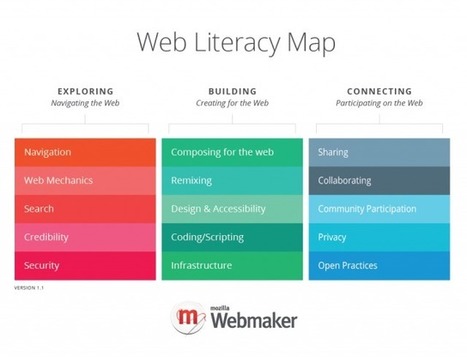
![Higher EDUcation... the "NEW WAY" | EDUcation CHANGE | MOOCS [pdf] | 21st Century Learning and Teaching | Scoop.it](https://img.scoop.it/o0_0GhyPtPC6CE_OB3pzbjl72eJkfbmt4t8yenImKBVvK0kTmF0xjctABnaLJIm9)
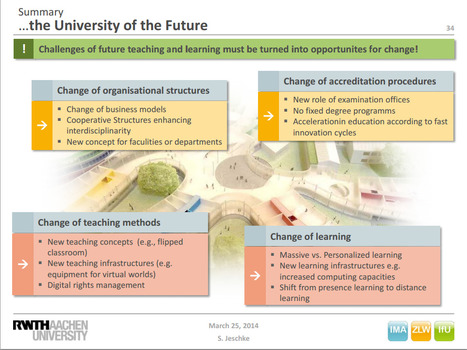



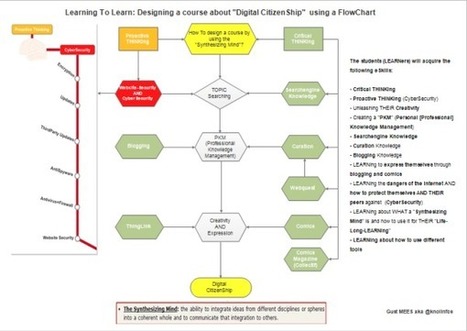







Feedback culture accompanied by a high digital-quotient (DQ) brings to schools or any other institution, 'fail-safe' thinking as well as real time learning & improvement